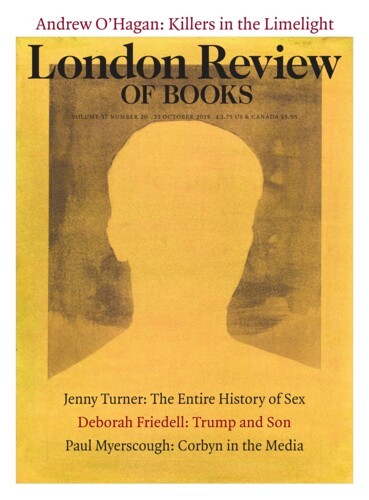This killing will never stop.
It’s not enough
to slay the beast, he has to make it clear
how calm his loathing is, how utterly devoid
of fellow feeling;
and though she is present,
the woman is incidental;
whatever he hoped in the past, he’s not here, now,
for the wet of her mouth on his skin, or his curdled hands
tangling in the spilt folds
of her gown.
It isn’t love he lacks. It’s narrative.
The gown is red, which symbolises
otherworldly grace, or else
protection from the witchery of blood
– it’s hard to say
what ritual this is. All we can know
for sure is that too much is being
sacrificed, the dragon with its throat
transpierced, a sign
left over from the damp, pre-Christian world,
led from the cave on its chain (the woman holds it
lightly in her hand) to be destroyed
for no good reason, given that it’s tame
and captive now.
Perhaps it’s just too green
or too expressive, set against this knight
whose mind is elsewhere, blank as ordinance
and formal, like the host, or like
this seeming bride-to-be, whose only love
is senseless agape.
No guessing what lightens their days; no guessing
how quietly each soul upholds its grey
dominion, at the near edge of a marsh
that runs into the dark
forever, gulls
and egrets flickering across
its waterlands, a salt wind in the grass
so like a voice, the body longs
to follow;
but they never leave this spot
where flesh is conquered, time and time again,
the lance fixed in the dragon’s
larynx, old blood
cooling in the sand, like candlewax,
the cave a myth, the storm, mere ornament,
the new god in the throne room
of high heaven,
observing our trespasses, judging us,
keeping us pure.
Send Letters To:
The Editor
London Review of Books,
28 Little Russell Street
London, WC1A 2HN
letters@lrb.co.uk
Please include name, address, and a telephone number.

